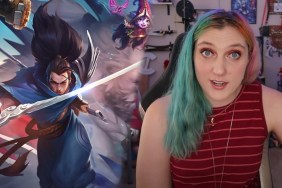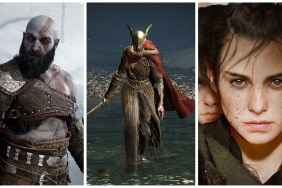All aboard the hype train!
Let's face it, most video games need some form of advertisement in order to saturate the masses. Social media is rapidly taking over this medium, but it can't always be trusted because bloggers and posters can be hired just like advertising agencies. It's not uncommon for some bold claims made by developers to fizzle out, but some games promise the world and end up no better than the powdered Earth in which they're covered.
Here's my list of ten modern games that didn't live up to the hype. This is by no means a complete list, so feel free to chime in with some of your biggest game disappointments.
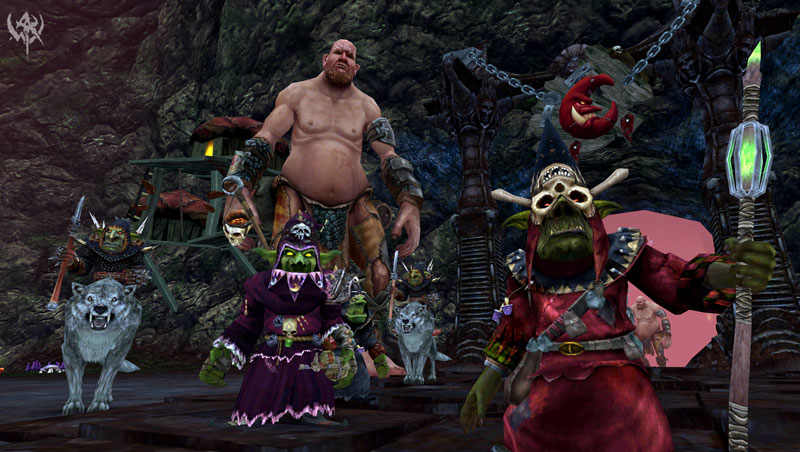
Warhammer Online: Age of Reckoning (EA)
I watched this game from its inception, so I remember how everything changed after EA purchased Mythic Entertainment. Sadly, the massive PvP battles that were promised ended up being massive PvE battles filled with lag, which was a massive disappointment! Who ever heard of an MMO where players take over other player's kingdoms via fighting NPCs? Many other small things also never happened, like adorning my character with the skull of my enemy.
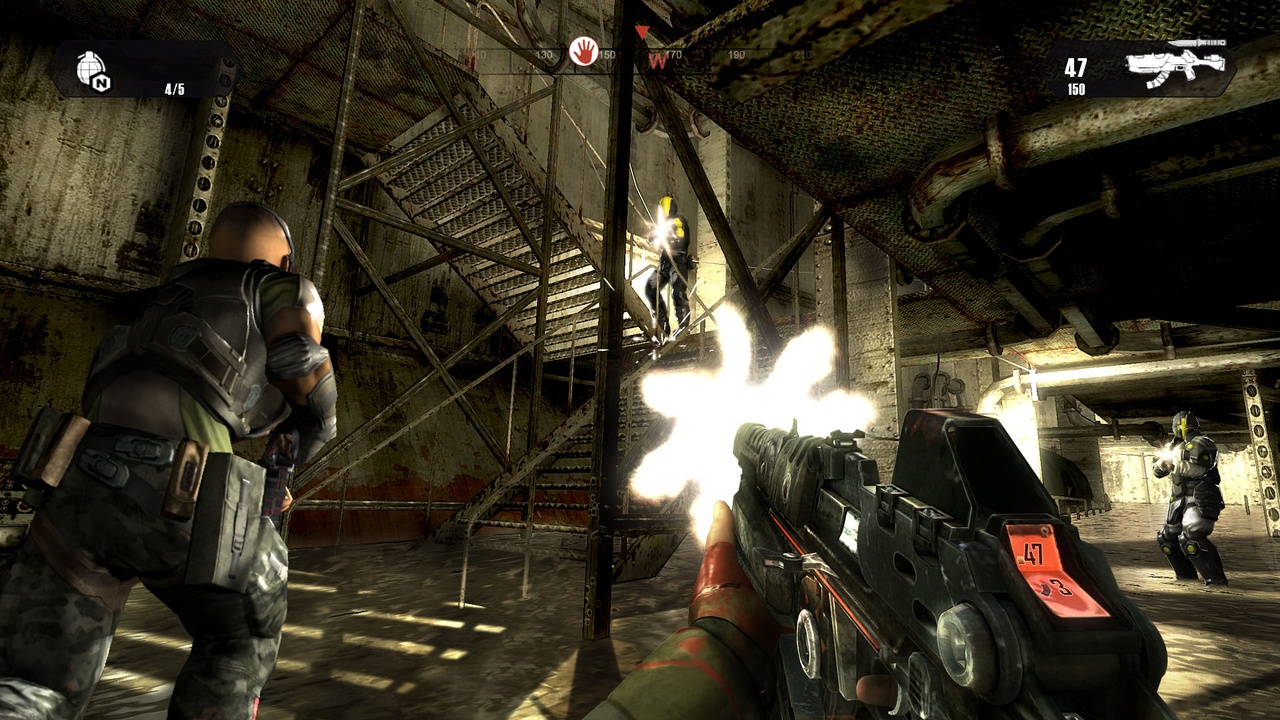
Haze (Ubisoft)
Haze was supposed to revolutionize first-person shooters in many ways, and Ubisoft even dubbed it the “Halo killer.” However, the only thing it ended up killing was the developers, Free Radical, who had made some pretty good games before then. Haze suffers from bland and generic characters, average shooting mechanics, bad A.I., and an even worse storyline. One has to wonder what type of haze this game's PR team was on to hype it so much.
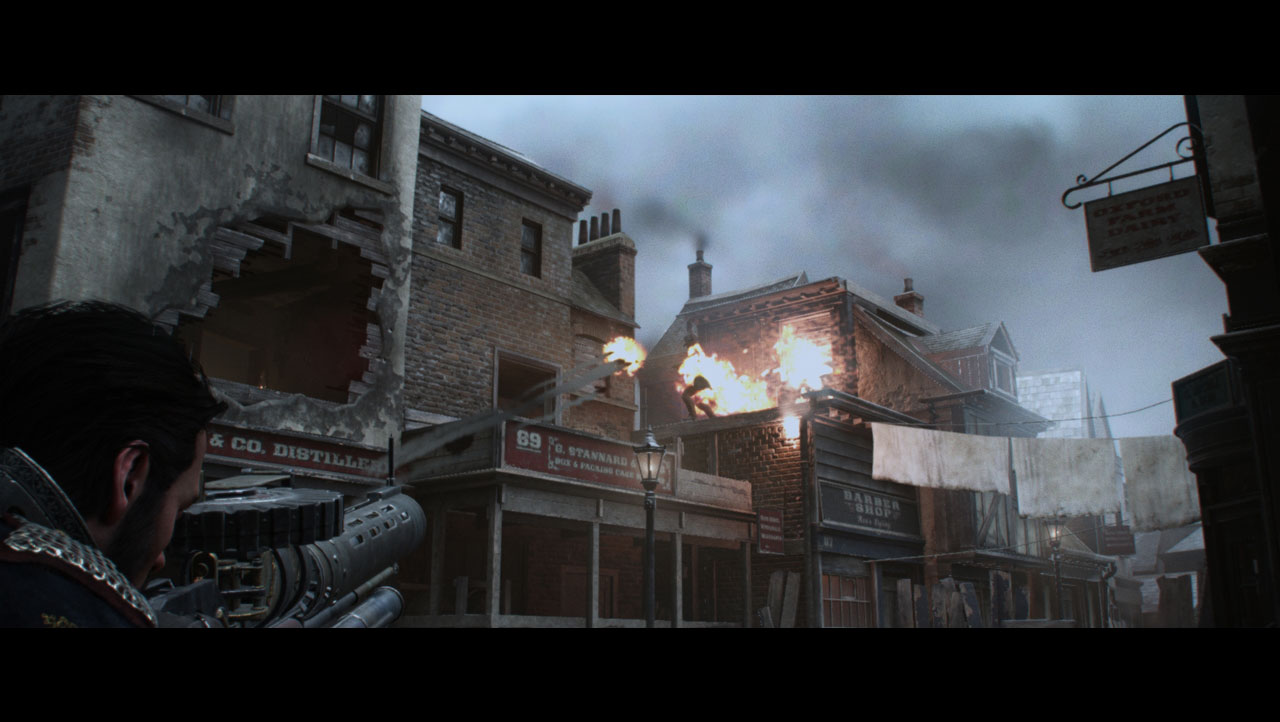
The Order 1886 (Sony)
Boy, was I excited to have Sony make an in-house shooter set in the Victorian era that's laden with steampunk elements! I played it a year before it was to be released, and the short section I blasted my way through seemed fine. Then it was released and I discovered how slow the pace is and how little actual gameplay was included. Despite having great potential, this game is completely forgettable, because it does nothing to set itself apart.
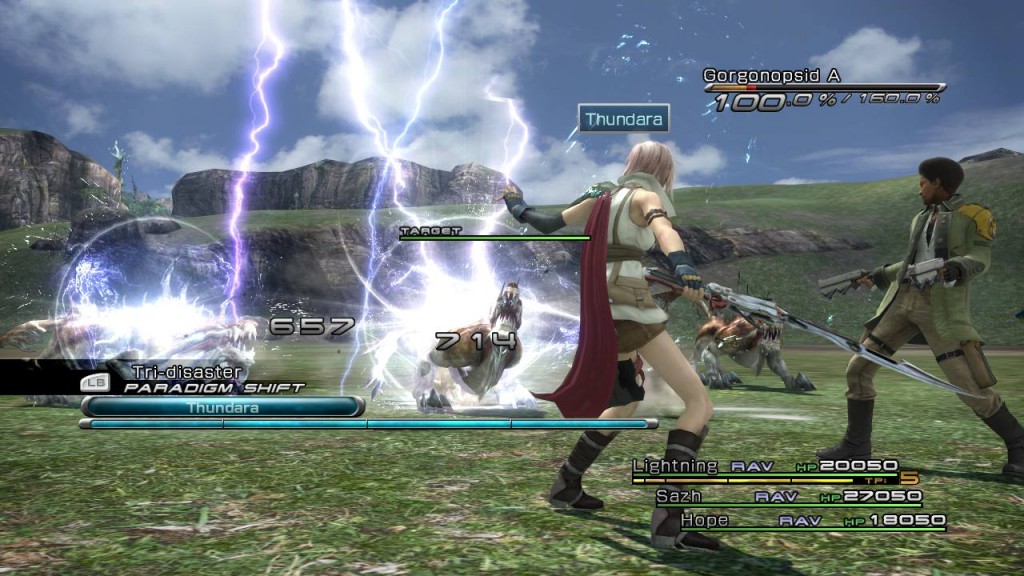
Final Fantasy XIII (Square Enix)
I've had an on-again-off-again relationship with Final Fantasy ever since part five. While I love parts VII and X, I didn't like XI, and I freakin' hate XII! Here I, much like other fans of the series, was expecting a large, deep, open-ended fantasy game, and what we got was a shallow, stripped-down dungeon-crawler bereft of style and panache. I played for hours and hours expecting it to get better, but it never did.
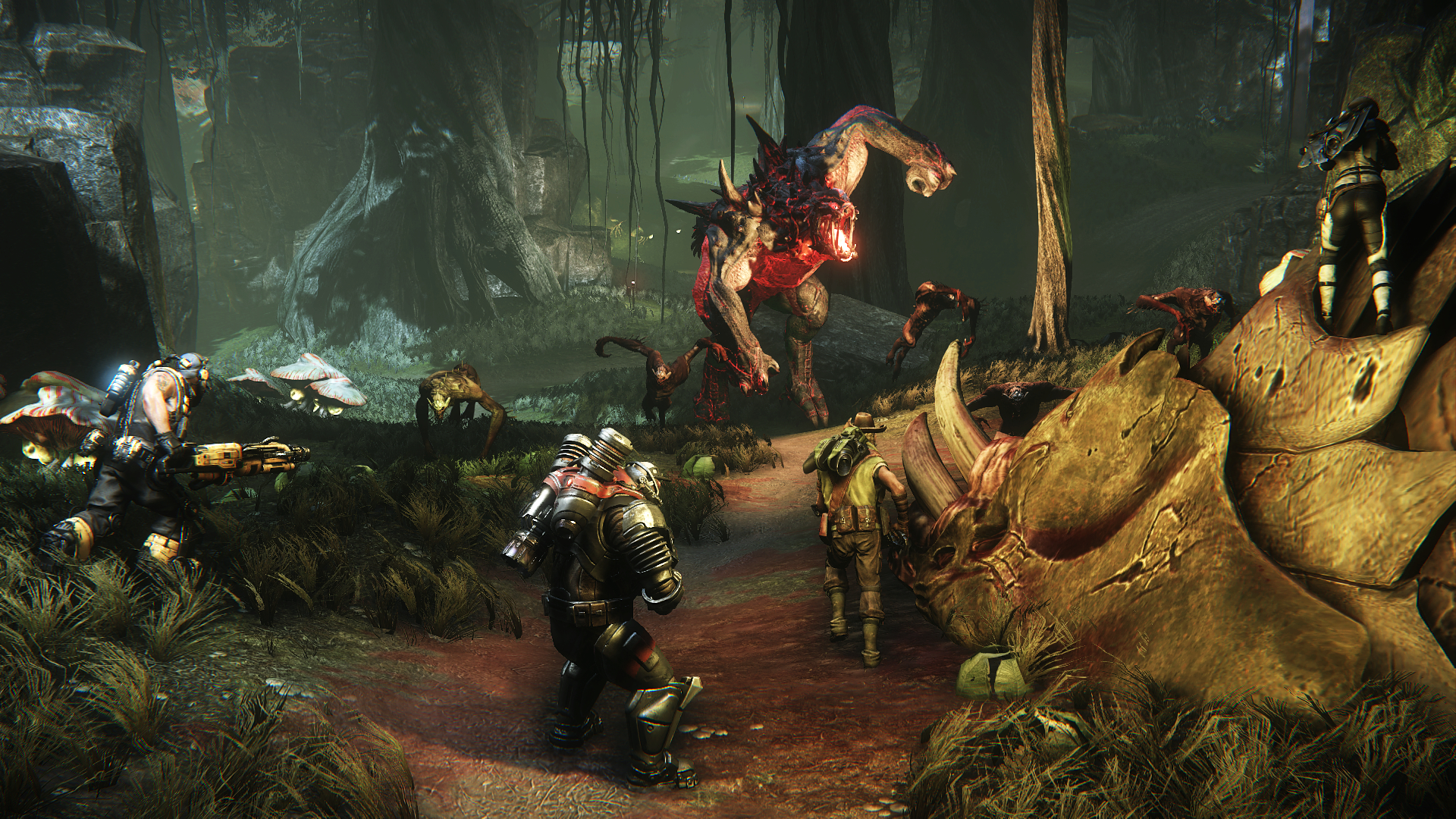
Evolve (2K Games)
This game had a huge presence at E3 the year before it was released, and the initial reception was positive. With players teaming up to fight an evolving monster, it was supposed to revolutionize online coop multiplayer. However, Evolve didn't have very good sales, and players quickly learned how to take advantage of exploits. Matches would quickly devolve into chaos when it took too long to find the beast, players would then die quickly from one-hit kills, and no one wanted to revive teammates.

Watch Dogs (Ubisoft)
“Supposed to showcase the power of next-gen consoles,” you say? “Better than Grand Theft Auto,” you say? Watch Dogs was hyped for nearly two years before its release as the game to… err… watch, but it turned out to be painfully generic. Sure, I had fun playing it, but the visuals were nowhere near the quality that was promised and the main character was not remotely compelling. Couple this with a toned-down hacking system, and the result is yet another lackluster open-world game.

Aliens: Colonial Marines (SEGA)
Over six years in development with a highly-respected developer on a well-known franchise, Aliens: Colonial Marines had very high expectations. There definitely should have been better precision to the aiming, as spraying and praying against Aliens is never recommended. Random glitches and stiff animations don't add to the enjoyment, and neither does bland gunplay, a juvenile story, and boring characters.

Red Steel (Ubisoft)
Before people realized the limitations of the motion controls, the Nintendo Wii was still considered “cutting-edge.” Red Steel was the first action game developed for the system, and it was touted as a breakout franchise that would let players use the controllers for something other than sports. In reality, this game has pitiful, sometimes completely unresponsive controls and horrible aiming. If this is what it's like to be a ninja, then I'd rather go back to my 9-5 job.

Dragon Age II (EA)
Its predecessor had me hooked from the start, so I expected part two to build upon the successful formula. Sadly, someone along the line decided to streamline the sequel and remove many of the features and choices that made Dragon Age so great. The result is a disappointing experience that made me feel as if I had just lost a distant cousin. Thank goodness the developers returned to the original formula for Dragon's Age: Inquisition.

Resident Evil Operation Raccoon City (Capcom)
Featuring hordes of deadly zombies in a familiar city with an interesting story, what could go wrong with Resident Evil Operation Raccoon City? Who knew the answer is everything! For starters, the A.I. for both friendly troops and enemies is more brain-dead than a real-life zombie. In addition, the auto-cover feature is incredibly annoying as it frequently makes players stick to the wall when they don't want to, and weapon aiming is questionable. It doesn't help that the environments, characters, and even the combat is forgettable.










